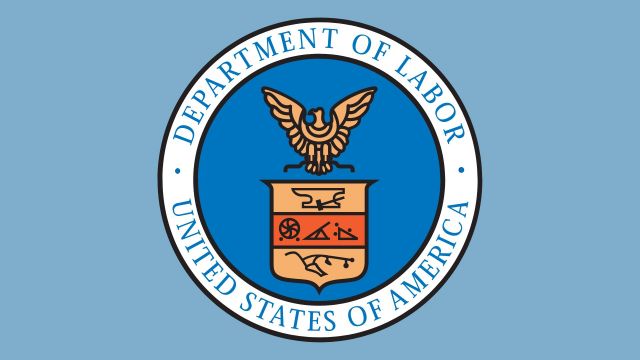US DEPARTMENT OF LABOR ANNOUNCES FINAL RULE TO MODERNIZE DAVIS-BACON ACT
Aided by labor, industry stakeholders’ comments, most comprehensive updates in 40 years
WASHINGTON – The U.S. Department of Labor today announced the issuance of the final rule “Updating the Davis-Bacon and Related Acts Regulation” to update regulations that implement the Davis-Bacon Act and Davis-Bacon and Related Acts to reflect better the needs of construction workers on federal construction investments.
The announcement follows a Notice of Proposed Rulemaking on March 18, 2022, which received comments from construction industry and labor stakeholders that helped inform the regulatory updates. The updates are the most comprehensive in decades.
The final rule provides greater clarity and enhances the DBRA regulations’ effectiveness in the modern economy. These updates strengthen and streamline the process for setting and enforcing wage rates on federally funded construction projects to make sure that federal government infrastructure investments are also investments in U.S. workers.
“Modernizing the Davis-Bacon and Related Acts is key to making sure that the jobs being created under the Biden-Harris administration’s Investing in America agenda are good jobs, and that workers get the fair wages and benefits they deserve on federally funded constructions projects across the nation,” said Acting Secretary of Labor Julie Su. “This updated rule will create pathways to the middle class for more families and help level the playing field for high-road employers because companies who exploit their workers, or who don’t pay workers fairly, should never have a competitive advantage.”
The final rule’s regulatory changes improve the department’s ability to administer and enforce DBRA labor standards more effectively and efficiently. These changes include the following:
- Creating new efficiencies in the prevailing wage update system and making sure prevailing wage rates keep up with actual wages which, over time, would mean higher wages for workers.
- Returning to the definition of “prevailing wage” used from 1935 to 1983 to ensure prevailing wages reflect actual wages paid to workers in the local community.
- Periodically updating prevailing wage rates to address out-of-date wage determinations.
- Providing broader authority to adopt state or local wage determinations when certain criteria are met
- Issuing supplemental rates for key job classifications when no survey data exists.
- Updating the regulatory language to better reflect modern construction practices.
- Strengthening worker protections and enforcement, including debarment and anti-retaliation provisions.
The DBRA requirements apply to an estimated tens of billions of dollars in federal and federally assisted construction spending each year and provide minimum wage rates for hundreds of thousands of U.S. construction workers. The department expects a significant increase in the numbers of industry workers due to the historic investments in federally funded construction projects made possible by legislation such as the Infrastructure Investment and Jobs Act.
“In light of recent investments in our nation’s infrastructure, modernized regulations are more important than ever to ensure fair wages and benefits for the workers who build and repair our roads, bridges, federal buildings and energy infrastructure,” said Principal Deputy Wage and Hour Division Administrator Jessica Looman. “They will help set correct wage rates for workers on these federally funded construction projects that better reflect the realities of today’s labor market.”
New federal investments will support projects related to clean energy, power and water infrastructure improvements, legacy pollution remediation, and renovation to the nation’s broadband and transportation infrastructures.
The DBRA’s purpose is to ensure employers on federally funded or assisted construction projects pay locally prevailing wages to construction workers and to prevent the unintended consequence of depressing workers’ wages during the government’s construction contracting activity.
About the Author
The Mason Contractors Association of America (MCAA) is the national trade association representing mason contractors. The MCAA is committed to preserving and promoting the masonry industry by providing continuing education, advocating fair codes and standards, fostering a safe work environment, recruiting future manpower, and marketing the benefits of masonry materials.



















